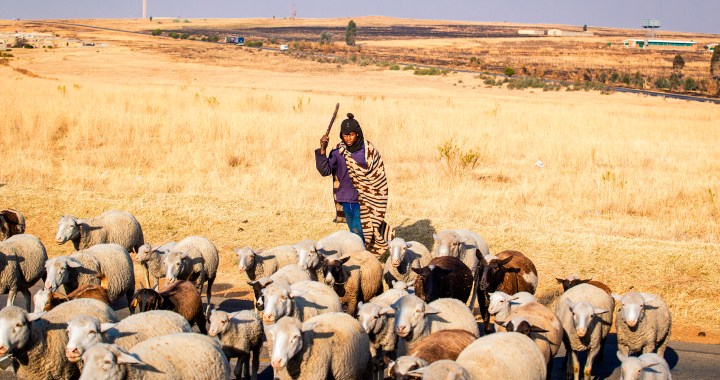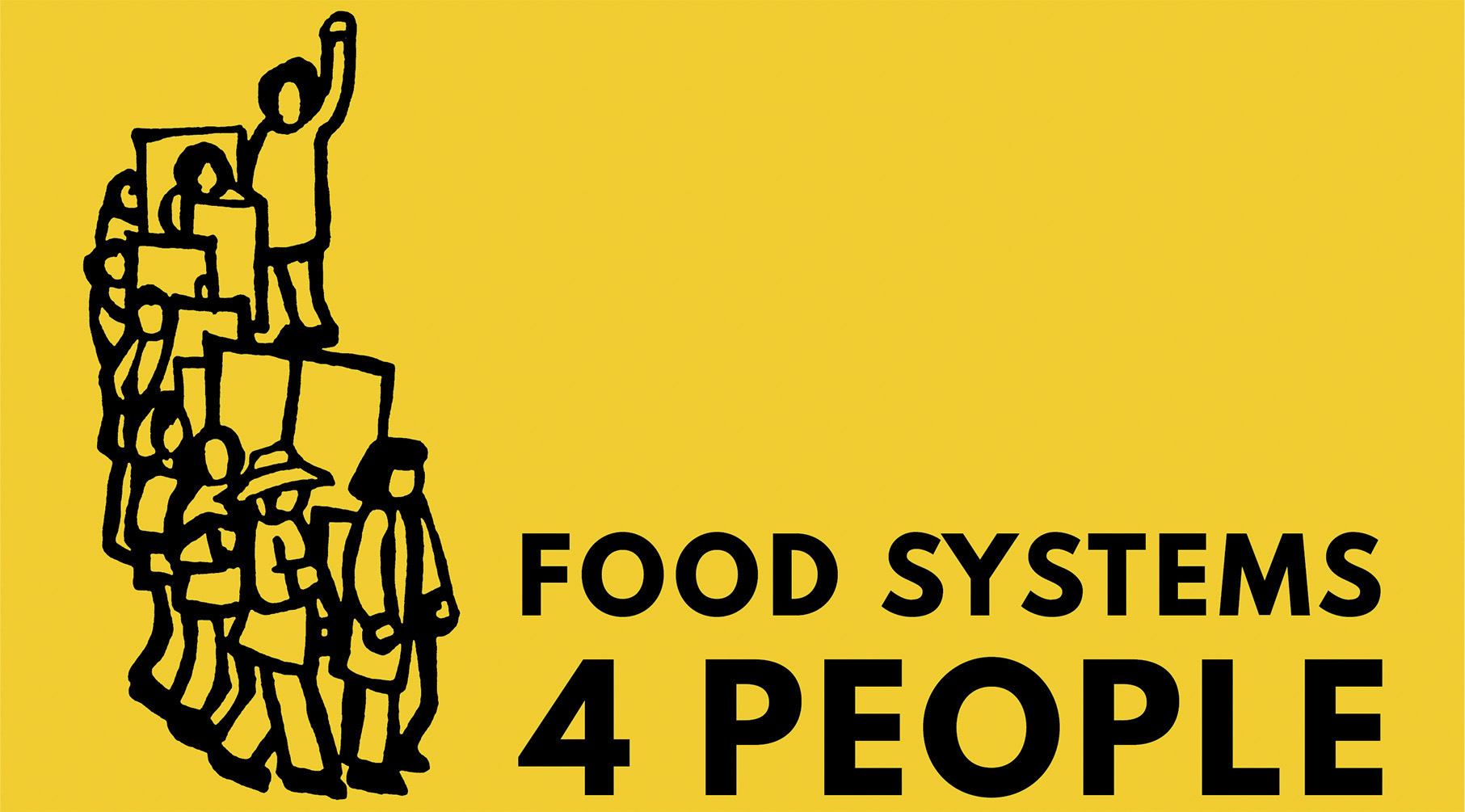
Maverick Citizen
Big corporations have ‘hijacked’ UN food summit, say activists

Before the UN Food Systems Summit this week, activists are holding a rival event, which they say won’t be captured by big business.
On Tuesday the Global People’s Summit on Food Systems commenced as a counter-event to the upcoming United Nations (UN) Food Systems Summit (UNFSS), which activists said had been “hijacked” by big corporations.
The UNFSS, which will take place in New York during the UN General Assembly on Thursday, brings together governments, civil society groups, food producers and business leaders to discuss strategies for more inclusive and sustainable food systems.
Agnes Kalibata, the UN’s special envoy for the summit, said the event “aims to change the trajectory of global progress, uniting everyone in a shared commitment to deliver the Sustainable Development Goals and the fundamental human rights at their core”.

‘In the face of the UN Food Systems Summit and its corporate agenda, we shall reclaim our voices to demand the radical transformation of #OurFoodSystems,’ say the organisers of the Global People’s Summit on Food Systems. (Photo: iuf.org/Wikipedia)
However, the organisers of the Global People’s Summit on Food Systems, which will run until Thursday, said: “In the face of the UN Food Systems Summit and its corporate agenda, we shall reclaim our voices to demand the radical transformation of #OurFoodSystems – one that puts our fundamental rights above profit, our planet over corporations, and our sovereignty over monopolies. Fight for just, equitable, healthy, and sustainable food systems.”
The Global People’s Summit is composed of international civil society food and health organisations which represent different stakeholders within global food systems.
Speaking on the necessity of the counter-summit at the opening, Sarojeni Rengam, who is the Pesticide Action Network Asia Pacific executive director said, “We are the resistance.”
Rengam said that the UNFSS had lost its legitimacy by allowing business to dominate the agenda.
She said it was clear that the UNFSS was ignoring that the structural causes of hunger and poverty were caused by transnational companies which exploited the poor for profits.
“We know long before the pandemic imperialism was pushing more people into destitution,” said Rengam.
“We must resist and defeat imperialism. We would like to work towards building truly just, equitable, healthy and sustainable food systems.”
The Consumers Union of Japan said that big corporations should not be allowed to control the food that people eat and that Japan now had a growing movement for organic food, particularly in school lunches using food grown by local farmers.
“We will not allow the creation of unhealthy, unfair and unsustainable food systems,” said the organisation.
Sylvia Mallari from the People’s Coalition on Food Sovereignty said there are over 205 million unemployed people worldwide and 41 million people in 43 countries at risk of famine.
Mallari said that while her organisation recognised the need for a food summit convened by the UN, it needed to be one that was “genuinely” focused on transforming the world’s food systems.

The Global People’s Summit is composed of international civil society food and health organisations which represent different stakeholders within global food systems. (Photo: Gallo Images / City Press / Lucky Nxumalo)
Mallari said she could see the signs of “corporate capture” in the UNFSS, in that it has a partnership with the World Economic Forum, which, she said, is the largest lobby forum of billionaires. She added that transnational corporations had now become more powerful than governments and civil society.
Representing the People’s Health Movement Vietnam, Claudio Schuftan said the potential health consequences likely to come out of the UNFSS would be that “monocultures will become the way to produce food by big corporations… monocultures require more land.
“It’s not only my guess that it’s going to lead to land grabbing, making displacements of peasants, and of course increasing their poverty, and that affects their health and nutrition.”
Human rights should be at the centre of the UNFSS and needed to be treated as foundational in food systems, lamented Mallari. She said that the value of indigenous people’s knowledge in agroecology needed to be considered at the UNFSS. DM/MC





















 Become an Insider
Become an Insider
Comments - Please login in order to comment.